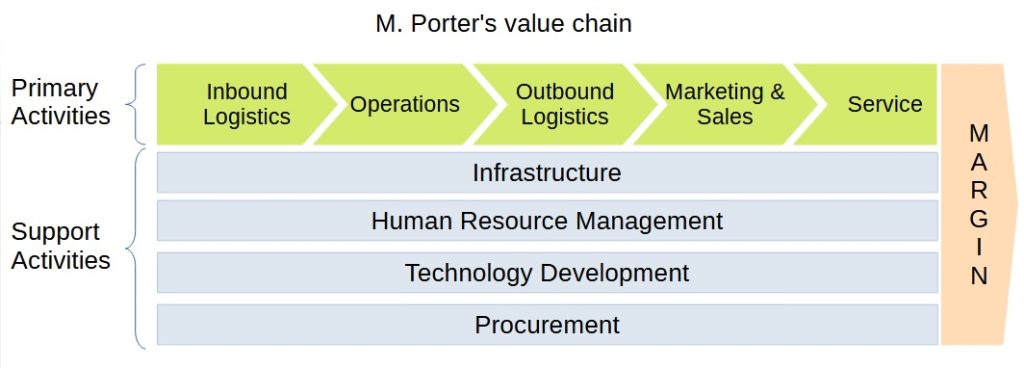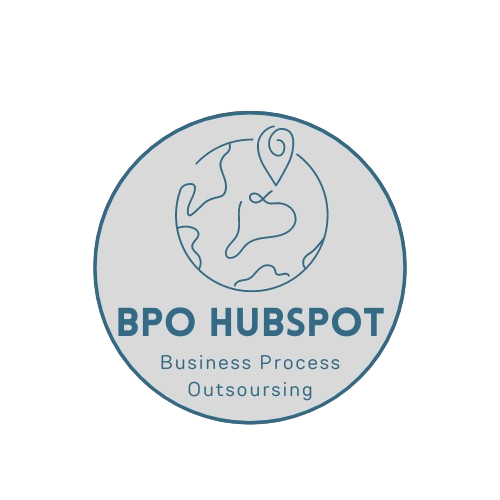Is Outsourcing Right for You?
Many companies choose not to use outsourcing due to historical reasons or simply because they are accustomed to performing processes internally.
However, small and medium-sized enterprises should be aware of the benefits that this practice can bring to their businesses.

With several years of experience both as a company manager contracting a service provider and as a third-party service provider, I have had the opportunity to be on both sides of the desk. This dual perspective has allowed me to deeply understand the expectations and challenges of both parties. Throughout my career, I have learned that outsourcing is not just a strategic decision but also a reflection of the organizational culture of each company.
Organizational culture and outsourcing
Many companies choose not to use outsourcing due to historical reasons or simply because they are accustomed to performing processes internally, or “in house.” However, small and medium-sized enterprises should be aware of the benefits that this practice can bring to their businesses.
Therefore the answer to the question in the title of this blog is clear: Yes, outsourcing is beneficial for your business. The real question that small and medium-sized business owners should ask themselves is: “Which business processes should I outsource?” And as often happens, the answer will depend on each specific case.
What processes to outsource?
As a general rule, I recommend outsourcing those processes that do not belong to the core of the business. To illustrate this, consider Porter’s value chain model.

Depending on the company, some of these processes are more critical to the business than others. The processes that form part of the “core business,” which constitute the competitive advantage against market competitors and represent the “know-how” accumulated over years, should not be outsourced. The rest of the processes can be outsourced.
Here are some examples of core business processes according to different industries:
Manufacturing Industry: In a manufacturing company, the core processes include product design and production. These activities are essential because they directly impact the quality and uniqueness of the products, which form the company’s competitive edge. Support activities like IT services or facilities management, however, can be outsourced.
Healthcare Industry: For a healthcare provider, patient care and clinical services are core processes. These involve direct interactions with patients and are central to the provider’s reputation and service quality. Administrative tasks such as billing, HR, and IT support can be outsourced to specialized providers.
Technology Industry: In a tech company, software development and product innovation are core processes. These activities drive the company’s growth and differentiation in the market. Conversely, functions like customer support, payroll, and infrastructure maintenance can be effectively outsourced.
By outsourcing non-core processes, companies can focus on what they do best, enhance efficiency, and remain competitive.
Conclusion
Outsourcing can be a powerful tool for small and medium-sized enterprises, allowing them to focus on their core business, reduce costs, and access specialized talent. However, it is crucial to conduct a detailed analysis to identify which processes can be outsourced without compromising the core business. By making informed decisions and carefully selecting the right processes to outsource, companies can enhance efficiency and remain competitive in their respective industries.
Ready to share your perspective? Feel free to leave a comment.



Interesting point of view. Thank’s!